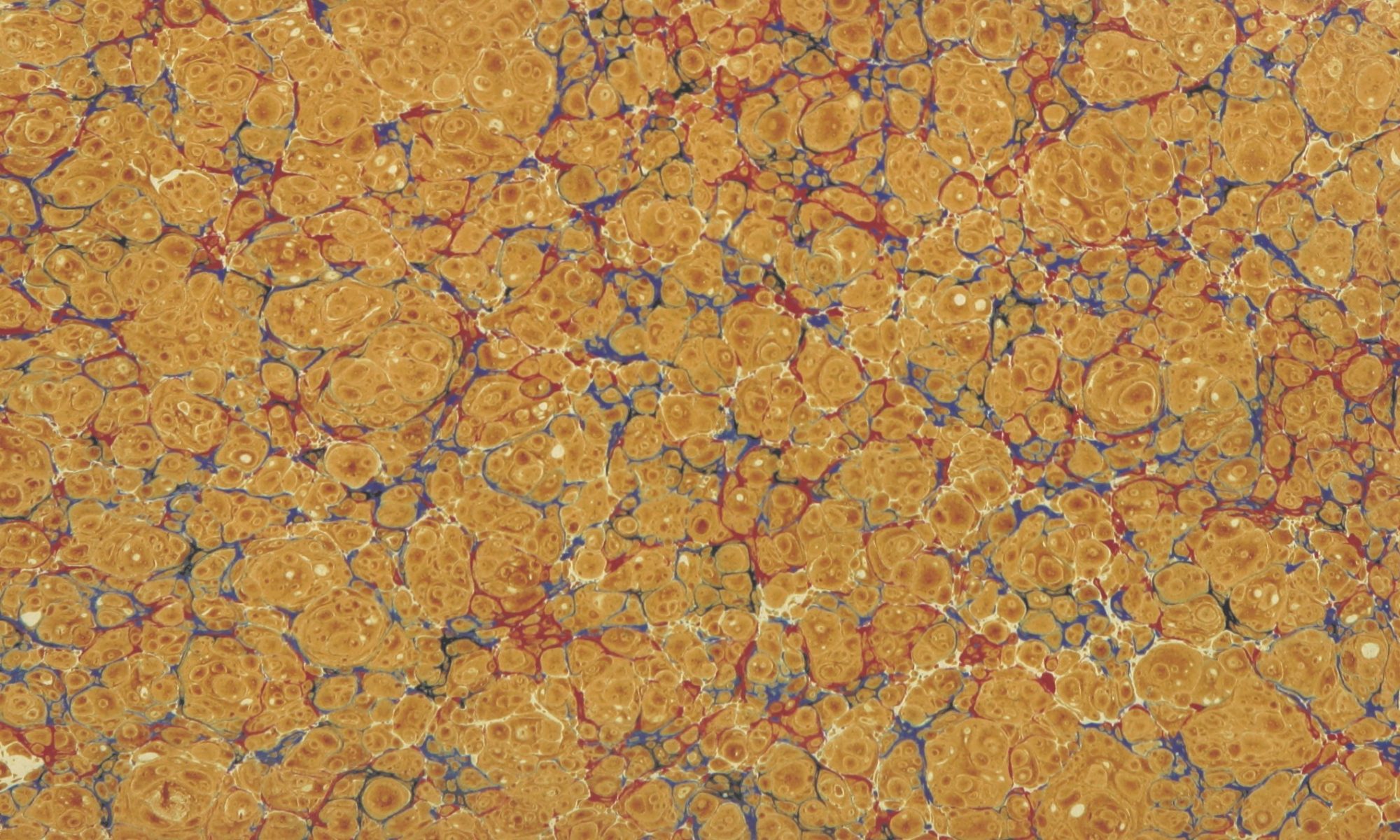Translated by María Luisa Ortega Hernández (DePaul University of Chicago) and read by Antonio Martínez Arboleda (University of Leeds)
tahalí (*)(Addiction)
The slavery of desire
or suffering dressed as sex
I swallow the smoke at your waist
as a tahalí of fingerprints,
as a curved abacus
where beads balance
when he joins in, adding one more.
Dollar bills on fire
a hip on fire
a hand on fire
beading on fire
invoice price on fire.
I dress in that chain,
unbreakable, made of touch
as if an anchor
subjugated
submerged in your depth
an invisible leather
moored fast into your earth.
How do I break you?
(*)TRANSLATOR’S NOTE: Even though the Oxford English Dictionary records the word “tahalli,” indicating as erroneous the form “tahali,” J. G. Lockhart’s translation of The Spanish Ballads (1822 publication) leaves it in the original Spanish except for the accent: “Of gold-wrought robe or turban — nor jewelled tahali.” (“The Zegri’s Bride”). John Parkinson does the same in his poem “The Death of Khalid Ibn Walid. ‘The Sword of God.’”: “Not thus, / Not thus should Khalid die. What ho! my spear, / My mail, and helm, and gleaming tahali;” (Parkinson, John. Lays of Love and War. Ardrossan: Arthur Guthrie & Sons, 1890, 46-50). Likewise, H. W. Longfellow uses the Spanish word, printed with the Spanish accent (1856 & 1886 editions: “tahalíes”) and without the accent (1835 edition): “A band of Moorish knights gayly arrayed in gambesons of crimson silk, with scarfs of blue and jewelled tahalies, […]” (“Ancient Spanish Ballads.” Outre-mer: A Pilgrimage Beyond the Sea. New York: Harper, 1835, 1-26). Now, among such noble company and upon considerable reflection, this translator feels compelled to leave the original Spanish “tahalí” in her English translation—accent included—as the best word to render the Spanish-Moorish voice it evokes, and the mystical depth revealed by its meaning.
My gratitude to all the librarians who facilitated my research for the title of this poem in translation. Special thanks to Jennifer Schwartz, Humanities and Social Sciences Librarian, John T. Richardson Library, DePaul University, whose enthusiasm, knowledge, and guidance led this amazing team: Susan Bazargan, Research and Reference Librarian, DePaul University; and Kathy Young, University Archivist/Curator of Rare Books, Loyola University Chicago Archives & Special Collections. No wonder Jorge Luis Borges envisioned Paradise as a library!
Poema leído por el autor
tahalí (adicción)
La esclavitud del deseo
o el sufrimiento vestido de sexo
Trago el humo en tu cintura
como tahalí de huellas,
como curvado ábaco
en el que cuadran las cuentas
al sumarle uno de más.
Billetes en llamas
cadera en llamas
mano en llamas
abalorio en llamas
factura en llamas.
Me visto esa cadena,
irrompible, hecha de roce
como de un ancla
atraillado
sumergido en tu profundidad
invisible el cuero
aterrado a ti.
¿Cómo quebrarte?
(Ex-Clavo. Valencia: Karima Editora, 2018, 62)



